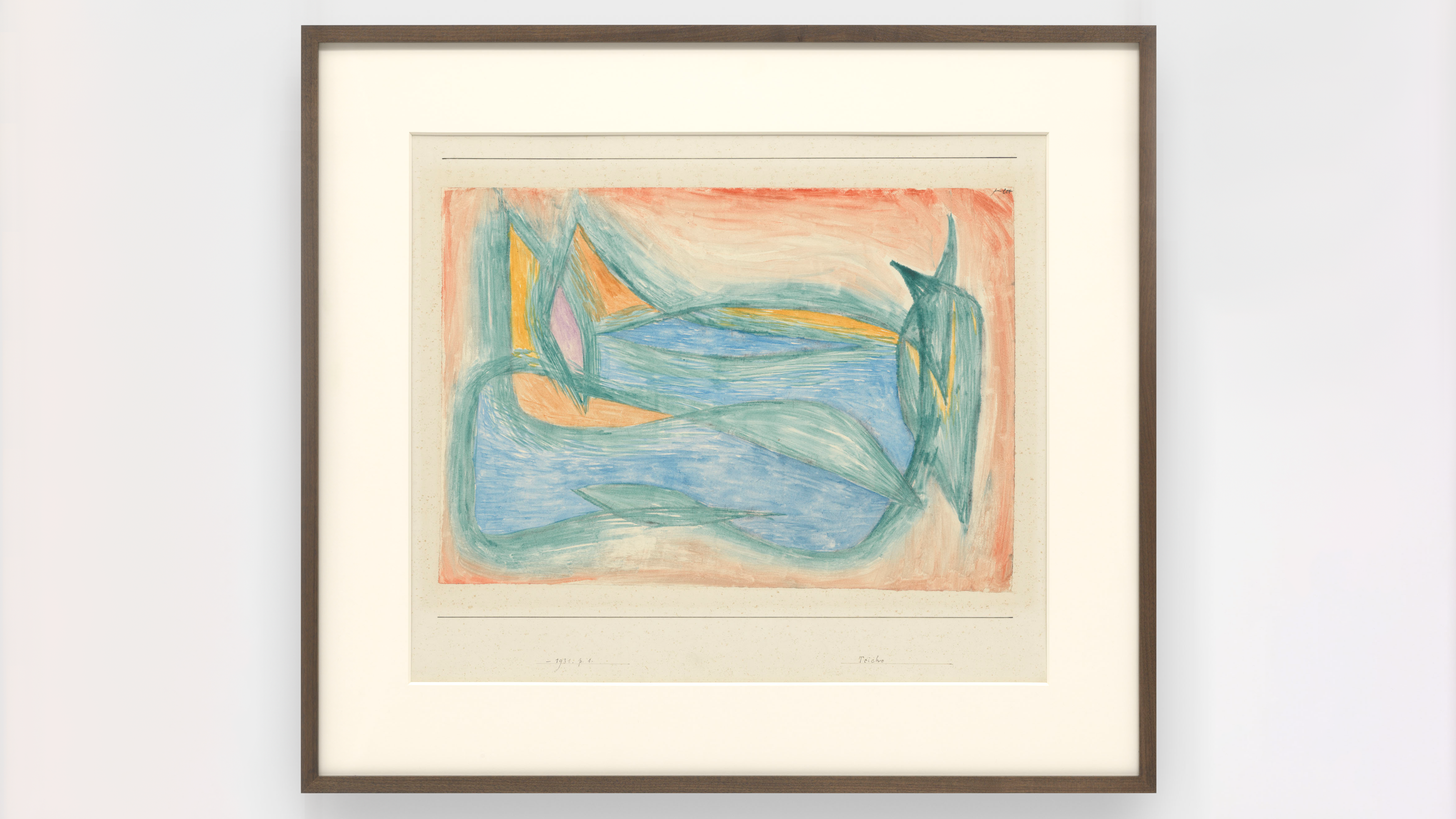October 21, 2022–February 12, 2023
October 2022
This exhibition centers on the ongoing fascination of the Swiss-German artist Paul Klee (1879-1940) for the observation of nature and natural phenomena, from his earliest educational stages to his final artistic period. His curiosity for the origins of form and artistic expression led him to the dutiful study of his immediate surroundings. This background, along with his reading of books like The Metamorphosis of Plants, by J. W. Goethe, were at the heart of courses he taught at the Bauhaus, during the years the early avant-gardes were being consolidated theoretically.
His period as a teacher gave way to the elaboration of reflections in the format of pedagogical compendiums, derived as they were from his careful study of nature. Klee continued to work in these areas in what was a mature synthesis, and they became his artistic refuge amidst the challenges of his later years, where he was forced to live with a degenerative disease.
As we follow these stages in the artist's life, Paul Klee and the Secrets of Nature presents his work in Barcelona in four sections, each of which includes work of other artists who also explored aspects of natural phenomena. As female artists, however, they did not receive due attention or consideration in their day: Gabriele Münter (Germany, 1877-1962), Emma Kunz (Switzerland, 1892-1963) and Maruja Mallo (Spain, 1902-1995). Another artist who enters into dialogue with Klee is Sandra Knecht (Switzerland, 1968), who, like Klee, is originally from Bern. Working from a contemporary queer perspective, Knecht explores forms of rural and local culture, closely linked to the landscape and livestock. In her installation, Knecht will address Klee's illness at the end of his life.
Paul Klee and the Secrets of Nature is a project born of collaboration and interchange between the Fundació Joan Miró and Zentrum Paul Klee in Bern. It features the advisory role of Fabienne Eggelhöfer, head curator of the Swiss institution.
Learn more at Fundació Joan Miró.
